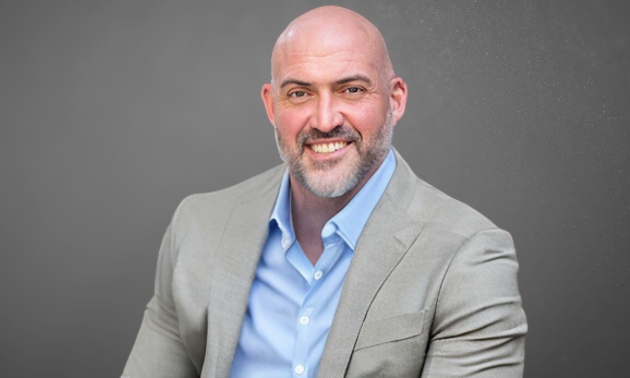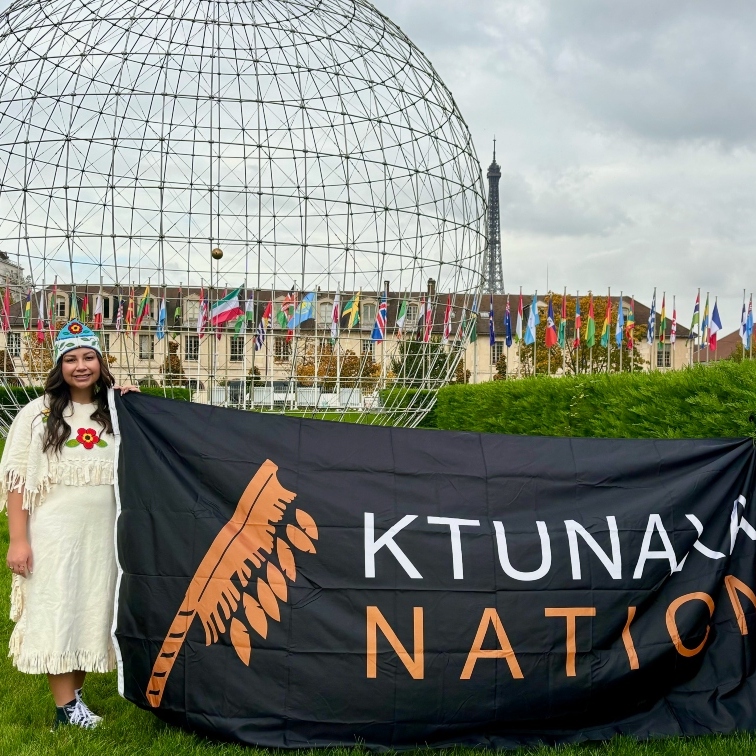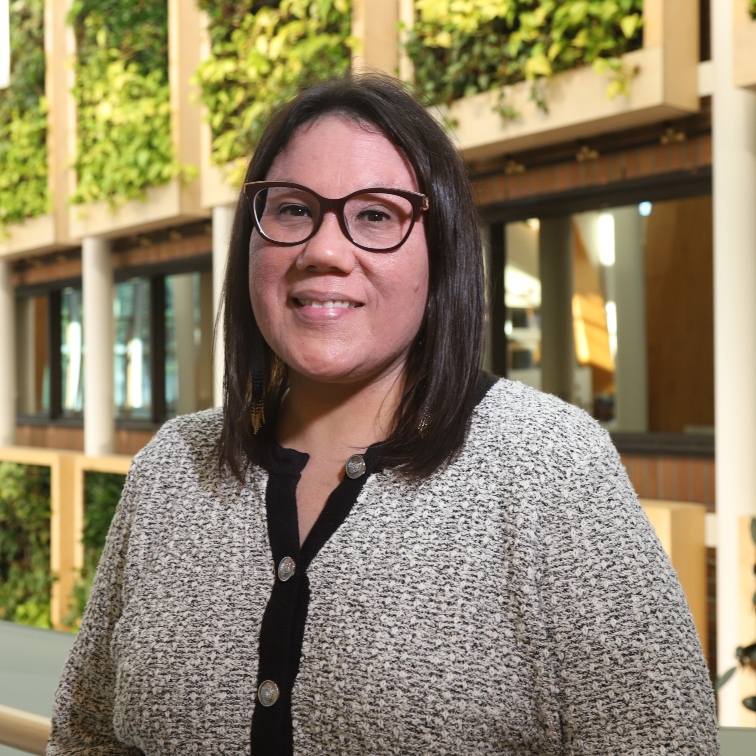Yaq̓it ʔa·knuqⱡi’it First Nation unveils Ka·kin Group of Companies restructuring and new CEO
These strategic moves mark a significant step forward

— Photo courtesy Tania Brewer
Yaq̓it ʔa·knuqⱡi’it ('Tobacco Plains Indian Band' or 'YQT') proudly announces the restructuring of Ka·kin, its wholly owned economic development arm, and the appointment of Trent Fequet as the new CEO. These strategic moves mark a significant step towards ensuring meaningful returns and benefits for YQT members from economic activities within their territory.
Yaq̓it ʔa·knuqⱡi’it has entrusted Ka·kin with a pivotal role in advancing the Nation's economic sustainability objectives. This involves robust participation in regional economies, collaboration with key Alliance Partners, creation of ownership opportunities, and engagement in developmental activities aligned with the organization and Nation's long-term vision and values.
The expansion of the Ka·kin Group of Companies signifies a crucial milestone in Yaq̓it ʔa·knuqⱡi’it's economic development journey. The strategic restructuring, guided by responsible stewardship and decision-making, positions Ka·kin to navigate a path towards self-sufficiency and prosperity, respecting the culture and values of YQT people for generations to come. This includes fostering meaningful employment opportunities, with a strong emphasis on youth mentoring, training, and employment.
Nasuʔkin Heidi Gravelle, representing Yaq̓it ʔa·knuqⱡi’it, emphasized, "Ka·kin's restructuring strategically supports Yaq̓it ʔa·knuqⱡi‘it as stewards of the land, enabling us to adopt a comprehensive and sustainable approach toward becoming a self-governing First Nation. By developing our capacity through Ka·kin, we attain the autonomy necessary to execute our economic and stewardship priorities, enhancing the quality of life for our people while caring for our lands. This approach sets a precedent on how Nations can actively engage in all aspects within ʔakanuxunik̓ʔamakʔis, our traditional lands. With the strong community relationship nurtured by Trent Fequet, he is the ideal individual to guide us in becoming genuine partners in the economic prosperity and benefits unfolding within our traditional territory, all while upholding ʔa·knumuȼtiⱡiⱡ (Natural Law) and the well-being of ʔa·kxam̓is q̓api qapsin (All Living Things)."
Appointing an enthusiastic new CEO
Trent Fequet, the newly appointed CEO of Ka·kin Group of Companies, expressed his enthusiasm, stating, "We are presented with a remarkable opportunity to redefine the landscape of First Nation business within Yaq̓it ʔa·knuqⱡi‘it's traditional territory. Having spent the past number of years fostering a deep connection with Yaq̓it ʔa·knuqⱡi‘it, I am honored to lead this transformative journey while deepening the connections and relationships with the members of the Nation. As an Indigenous individual, this appointment to CEO signifies not only a professional milestone but also a deeply personal commitment to a region I hold dear. By centering Ka·kin’s business goals in Indigenous values, guided by Natural law, we will ensure that Yaq̓it ʔa·knuqⱡi’it’s voice is not only heard but amplified, with their culture and knowledge celebrated.”
Yaq̓it ʔa·knuqⱡi’it now has the opportunity to play a leading role in economic opportunities within their lands and territories. Through increased business activity and participation, Ka·kin aims to contribute to regional growth, creating employment and sustainable opportunities for members and realizing the community goal of self-determination through self-reliance.





Comments